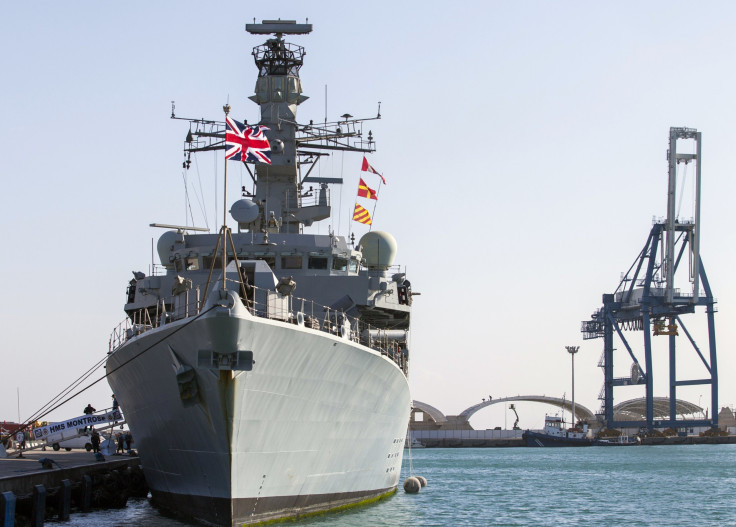Royal Navy Warships Escort British Oil Tankers In Strait of Hormuz

Following the detention of the British-flagged oil tanker Stena Impero in the Strait of Hormuz a week ago by Iran’s Islamic Revolutionary Guards Corps (IRGC), the Royal Navy will now escort the nation’s vessels in the region.
A British government spokesman confirmed that the Royal Navy has been tasked to accompany British-flagged ships, either individually or in groups, through the Strait of Hormuz. “Freedom of navigation is crucial for the global trading system and world economy, and we will do all we can to defend it,” he said.
In addition, to uphold commercial shipping’s freedom of navigation in the Gulf, British Foreign Secretary Jeremy Hunt had proposed a European-led maritime security force. The suggestion has been rejected by Iran, with the Iranian Vice-President Eshaq Jahangiri saying an international coalition to protect the Gulf would only bring about insecurity.
On Wednesday, Iran's President Hassan Rouhain, in a bid to defuse tensions with U.K., suggested that, “if Britain steps away from the wrong actions in Gibraltar, they will receive an appropriate response from Iran.” He also signaled that Iran would free Stena Impero if the British released the Iranian-flagged oil tanker, Grace 1 .
The HMS Montrose is the first navy ship to escort other British oil tankers in the Gulf. Reports say that 15 to 30 large British-flagged vessels travel in the region every day, with up to three passing through the Strait of Hormuz, between Iran and Oman. A pair of two-mile-wide shipping lanes provide the “only routes” in and out of the Gulf.
Tensions with Iran have escalated significantly after the United States abandoned the 2015 nuclear deal and imposed crippling economic sanctions on Tehran. The Trump administration also bullied allies with sanctions and tariffs if they didn’t stop buying Iranian oil. As a counter strategy, Iran made provocative moves, allegedly attacking oil tankers, shooting down a U.S. drone and violating the uranium enrichment limit set in the treaty.
However, the U.K. and other European countries like France and Germany remain committed to the nuclear deal and have been against U.S.’s policy of continued pressure on Iran. A “negotiated solution” could boost Britian’s new prime minister Boris Johnson’s foreign policy credentials.
Experts are of the view that a military solution to the impasse is “highly unlikely” as it would lead to a wider conflict in the Mideast as Iran controls proxy players across the region.
© Copyright IBTimes 2025. All rights reserved.





















